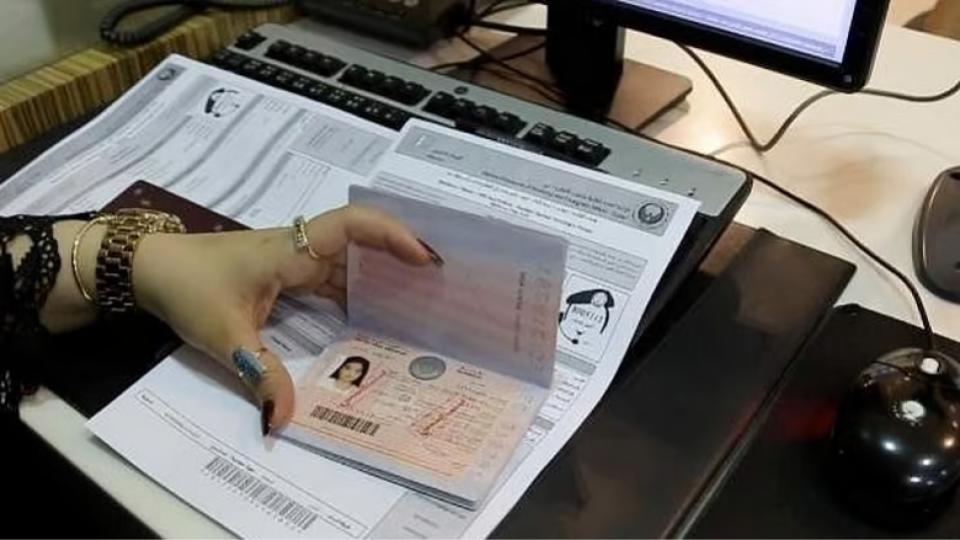Know what are exempted from Telangana lockdown
Mon 23 Mar 2020, 10:01:28

The Telangana State government on Sunday night issued orders for a complete lockdown of the State under the Epidemic Diseases Act of 1897 and the Disaster Management Act of 2005, with immediate effect. The orders will be in force till March 31.
As per the orders, all State borders will be sealed other than for movement of essential and perishable commodities and services carried out by goods vehicles including private vehicles. Similarly, all public transport services including TSRTC buses, SETWIN, Hyderabad Metro, taxis, auto-rickshaws along with all inter-State bus and transport services, not be permitted. However, vehicles offering emergency medical services, will be allowed.
A person who is required to observe home quarantine must strictly observe the same failing which he/she will be liable for penal action and shifted to government quarantine. Residents should stay at home and come out only for permitted activities while strictly observing social distancing norms. Any congregation of more than five persons in public places, has been prohibited.
All shops, commercial establishments, offices and factories, workshops, godowns and others should close their operations. But production and manufacturing units which require continuous process like pharmaceuticals, dal and rice mills, food and related units, dairy units, feed and fodder units etc. can function. Further, manufacturing units engaged in production of essential commodities, also will be permitted.
The government offices, shops and establishments permitted to operate during this period, must take steps to ensure social distancing such as through painting of foot marks at distances of 4 feet from each other near check out counters. They should also ensure proper sanitation in their premises and ensure availability of hand sanitisers/hand washing facilities.
However, the following establishments providing essential services, are excluded from the said restrictions:
Banks/ATMs,
Print and electronic media;
IT and ITeS including telecom,
Postal and internet services;
Supply chain and transport of essential commodities;
e-Commerce (delivery) of essential goods including food,
Pharmaceutical and medical equipment;
Sale of food items, groceries, milk, bread, fruits, vegetables, eggs, meat, fish and their transportation and warehousing activities;
Take-away/ home delivery at restaurants;
Hospitals, pharmacies and optical stores,
Pharmaceuticals manufacturing and their transportation;
Petrol pumps,
LPG gas, Oil agencies, their godowns and their related transport operations;
All security services including those provided by private agencies; and also private establishments that support the provisioning of essential services or the efforts for containment of COVID-19.
Similarly, certain departments and offices of the State
government will remain fully functional, including District Collectorate/Divisional offices/Mandal Offices; Police; Health; Urban/Rural Local Bodies; Fire; Taxation, Excise, Commercial Tax, Transport, Stamps and Registration; Electricity and water supply; Agriculture, Horticulture, Animal Husbandry, Fisheries and Agricultural Marketing; Civil Supplies; regulatory departments like Pollution Control Board, Legal Metrology, Drug Control Administration; and all Central Government departments related to the said departments. For the functioning of other government offices, separate order will be issued by the Chief Secretary so as to ensure attendance of 20 per cent staff on rotation basis.
government will remain fully functional, including District Collectorate/Divisional offices/Mandal Offices; Police; Health; Urban/Rural Local Bodies; Fire; Taxation, Excise, Commercial Tax, Transport, Stamps and Registration; Electricity and water supply; Agriculture, Horticulture, Animal Husbandry, Fisheries and Agricultural Marketing; Civil Supplies; regulatory departments like Pollution Control Board, Legal Metrology, Drug Control Administration; and all Central Government departments related to the said departments. For the functioning of other government offices, separate order will be issued by the Chief Secretary so as to ensure attendance of 20 per cent staff on rotation basis.
In view of the hardships due to lock down, all 87.59 lakhs cardholders in the State, will be given 12 kg of rice per person amounting 3.58 lakh tonnes at a cost of Rs 1,103 crore. Further, all card holders will receive an one-time support of Rs 1,500 per family to meet the expenditure on essential commodities like dal, vegetables and salt etc. at the estimated cost of Rs 1,314 crore.
As per the Act, all the government and private establishments should make payments of wages/salaries fully to the workers/employees including those working under contract and outsourcing basis during the lockdown period. Any violation will be viewed seriously and will invite penal action under The Epidemics Disease Act 1897.
During the lockdown period, steps will be taken to ensure that there is no disruption in the supply of essential commodities to the people. All educational institutions and education department activities including valuation will be closed till March 31. All Anganwadi centres also will remain closed during the period, while children and pregnant/lactating mothers will be provided ‘take home ration’ for the period. Pregnant women scheduled for delivery in the month of March-April, should be monitored by Anganwadi/PHC staff to facilitate institutional deliveries in coordination with local health department functionaries. Similarly, all elective surgeries must be re-scheduled in all private and government hospitals to enhance the availability of health care facilities for COVID-19 patients.
All the government departments should take definite measures to ensure that people do not gather or accumulate in large numbers. For example, paddy procurement should be decentralised to village / gram panchayat level, by opening more procurement centres, by engaging IKP Groups, Primary Agricultural Cooperative Societies (PACS) and Agricultural Marketing Committees. The arrival of paddy to procurement centre should be regulated by issuing time slot coupons.
The State government also authorised all the District Collectors, District Superintendents of Police, Commissioners of Police, Municipal Commissioners of Corporations and other competent authorities to take necessary measures for enforcement and implementation of the regulations and measures to contain COVID-19. Those who violate the orders will be punishable under the provisions of The Epidemics Diseases Act 1897, The Disaster Management Act 2005, and other relavant Acts.
No Comments For This Post, Be first to write a Comment.
Most viewed from Hyderabad
Most viewed from World
AIMIM News
Delhi Assembly polls: Owaisi leads Padyatra in Okhla
Feb 01, 2025
We reject this Waqf Amendment Bill: Asaduddin Owaisi
Jan 30, 2025
Latest Urdu News
Most Viewed
May 26, 2020
Which team will win the ICC Men's Champions Trophy 2025 held in Pakistan/Dubai?
Latest Videos View All
Like Us
Home
About Us
Advertise With Us
All Polls
Epaper Archives
Privacy Policy
Contact Us
Download Etemaad App
© 2025 Etemaad Daily News, All Rights Reserved.


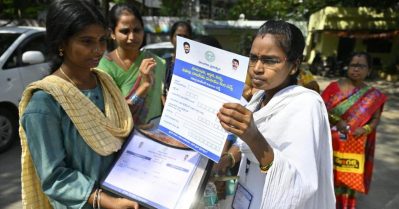
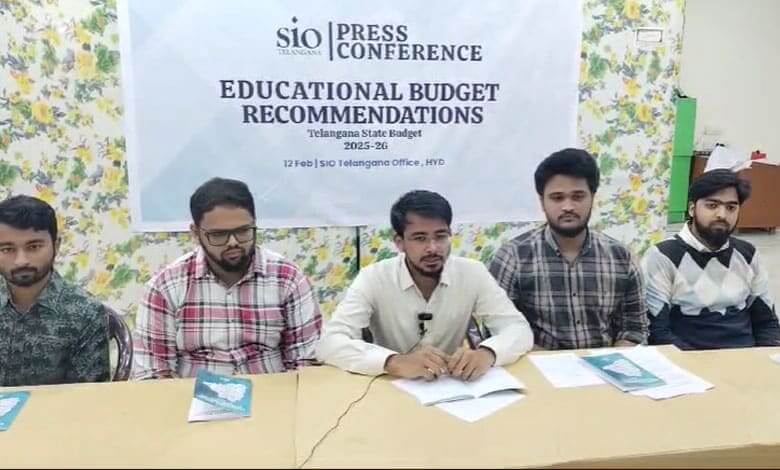
.jpg)
.jpg)
.jpg)
.jpg)
.jpg)
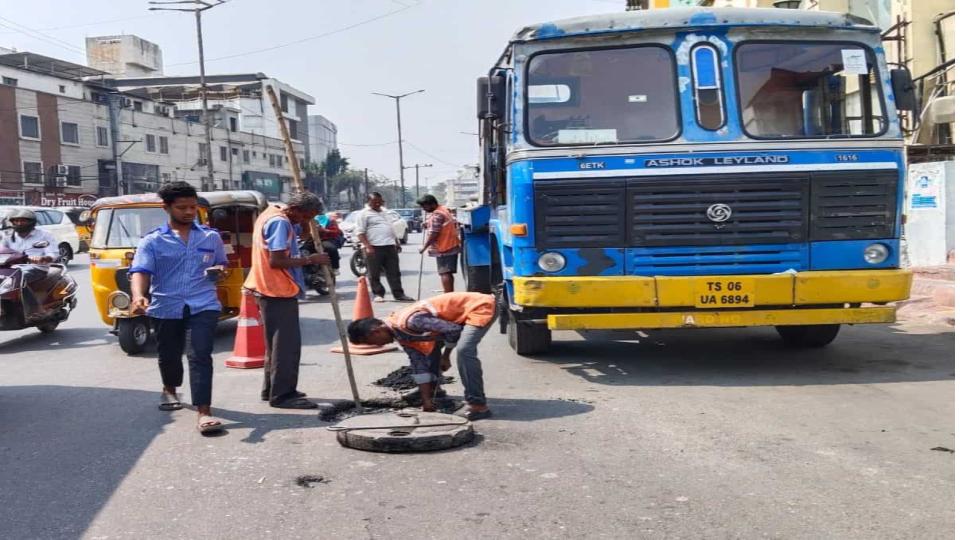
.jpg)


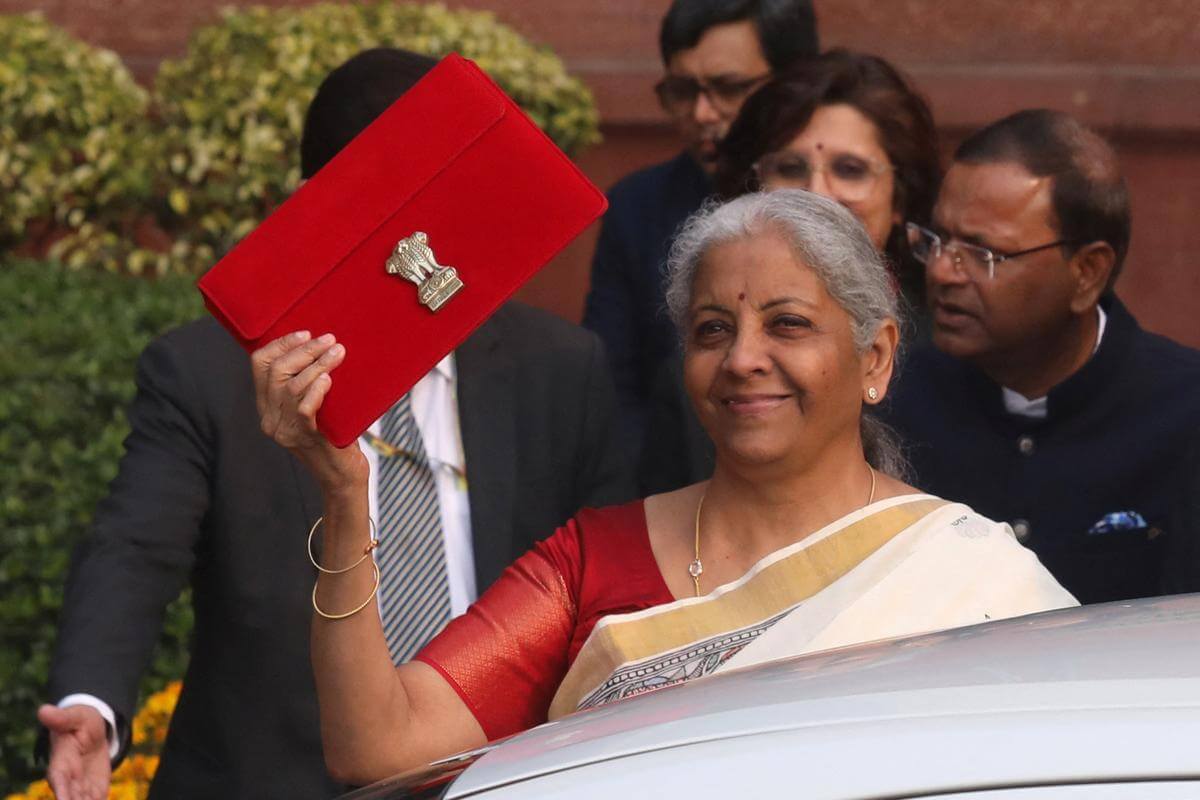

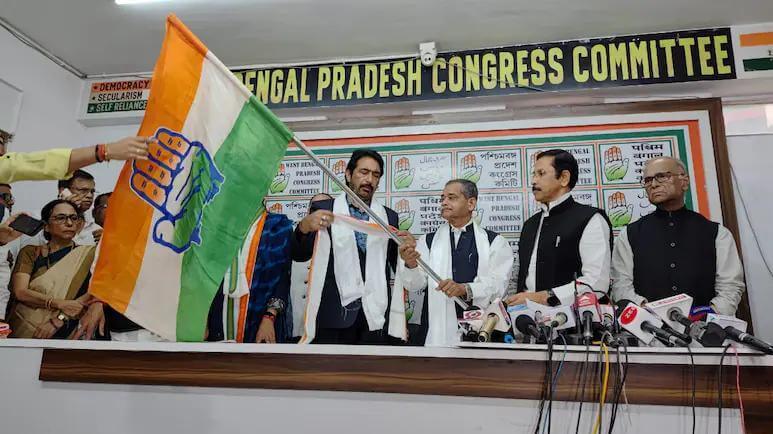

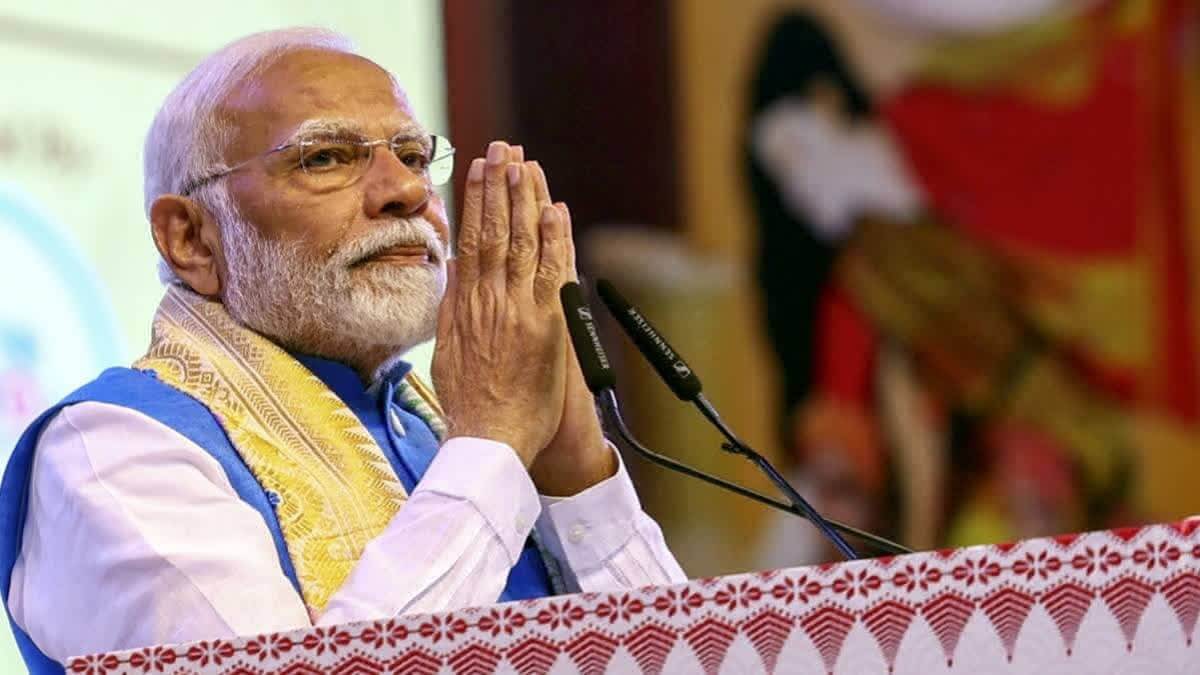

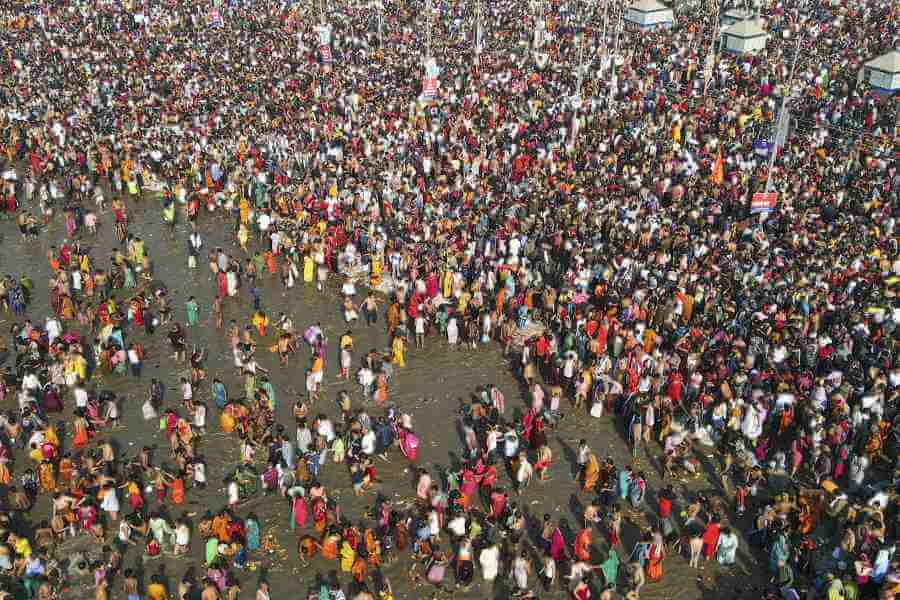

.jpg)
.jpg)
.jpg)
